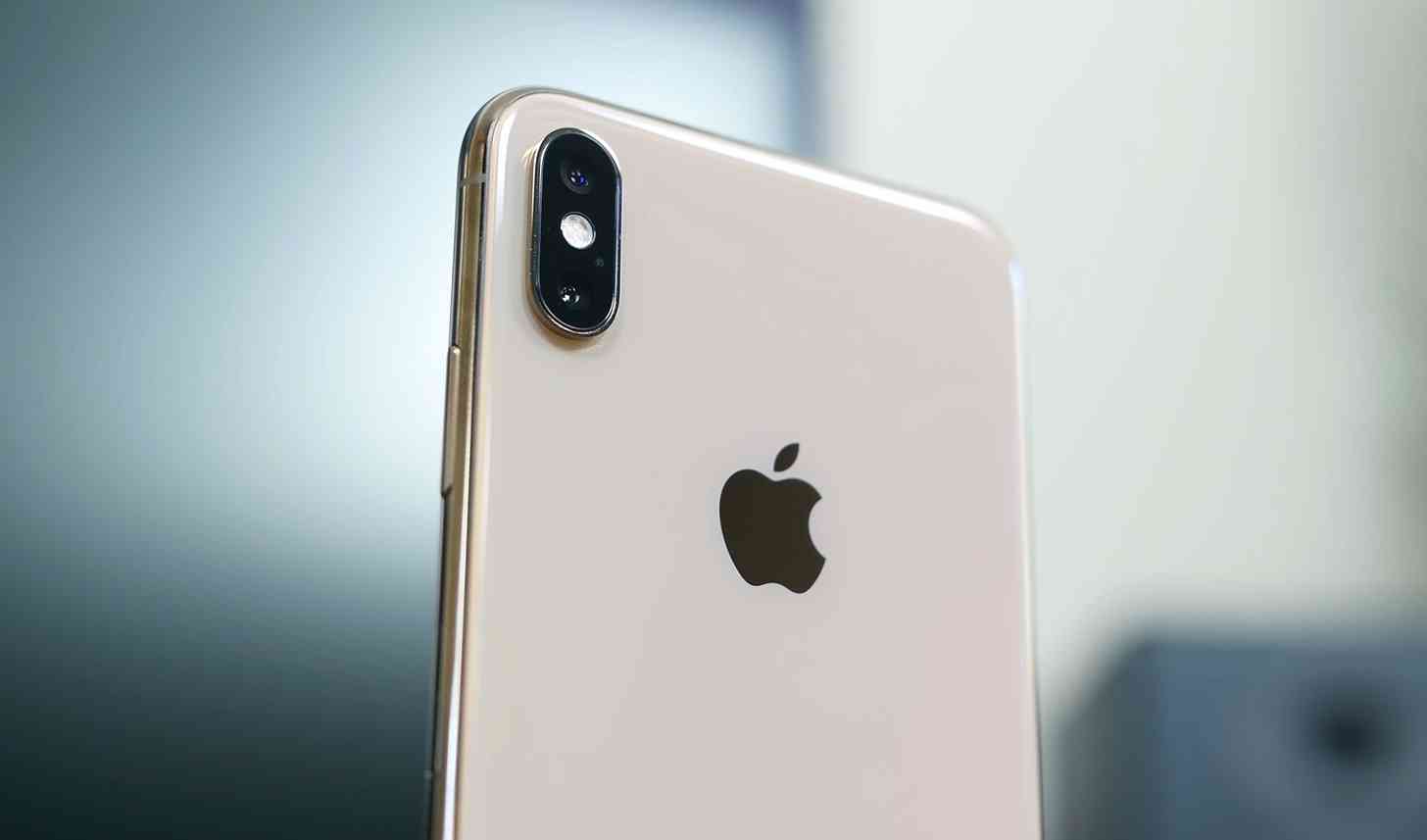
Qualcomm has experience with 5G, with its Snapdragon chips and modems appearing in new 5G-equipped devices like the Galaxy S20 series, Galaxy Note 10+ 5G, and the OnePlus 7T Pro 5G McLaren. However, a new report says that Apple isn't a fan of Qualcomm's 5G antenna.
Apple is expected to add 5G to this year's new iPhone, but apparently the company balked at the QTM 525 millimeter wave antenna module that Qualcomm offered to it for the new iPhones. Sources speaking to Fast Company say that Apple was unhappy with the antenna module because it didn't fit into the industrial design of the new iPhone.
Because of this, Apple is said to be designing its own 5G antenna module.
The design isn't the only reason that Apple is working on its own 5G antenna module. The company reportedly wants to use as few Qualcomm parts as possible in its new iPhone because Apple feels that it's "getting screwed on royalties" by Qualcomm.
Apple isn't quite as experienced as Qualcomm when it comes to 5G, though, and so Apple is said to be working on another phone design that uses both the Snapdragon X55 5G modem (which the new iPhone will use anyway) and Qualcomm's antenna module. However, that would require Apple to make the new iPhone thicker than it wants to.
Another issue with Apple designing its own antenna module is that it's had some issues with antennas in the past. The iPhone 4 was the subject of the Antennagate controversy in which users reported lessened signal strength when they held the phone in a particular way. Apple eventually responded by giving every iPhone 4 owner a free bumper case.
Apple and Qualcomm have a bit of a rocky history. Apple sued Qualcomm for $1 billion in 2017 claiming that Qualcomm used its position as the maker of important smartphone chips to ask for "onerous, unreasonable, and costly" patent licensing terms, and then Qualcomm claimed Apple stole its trade secrets and gave them to Intel.
The two companies eventually agreed to drop their lawsuits, but Apple then bought Intel's smartphone modem business for $1 billion, suggesting that it may be working to get away from a reliance on Qualcomm.
Apple could introduce its new 5G-equipped iPhone this fall.